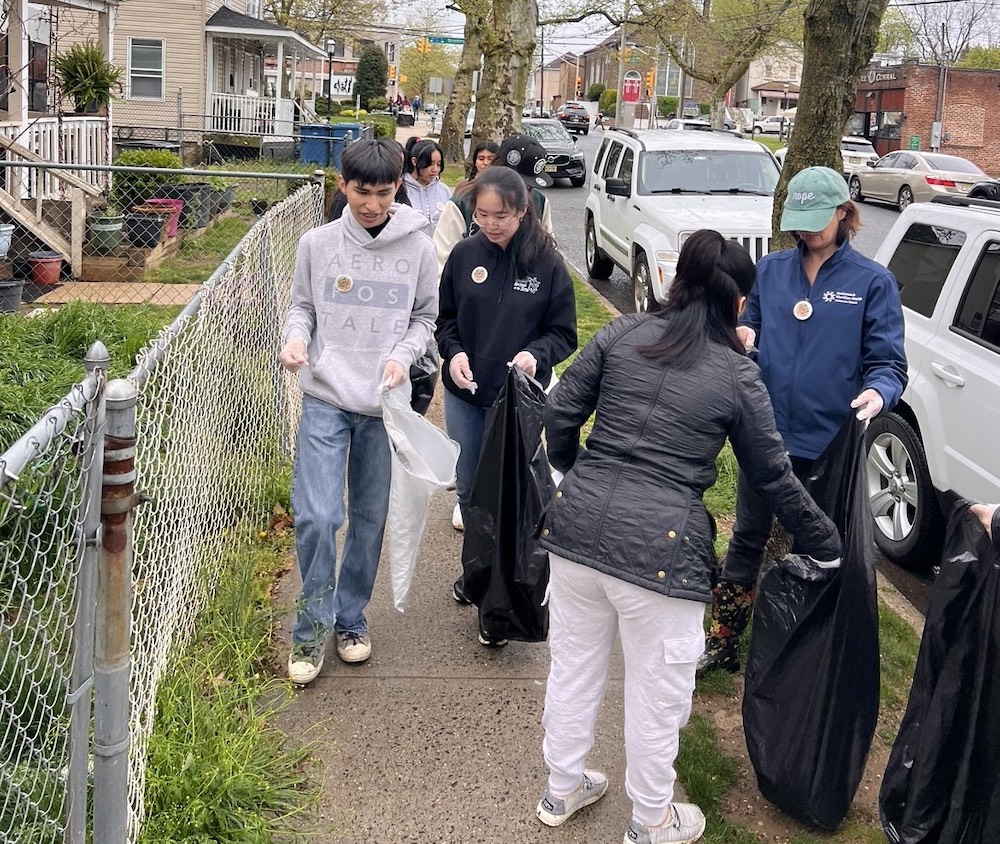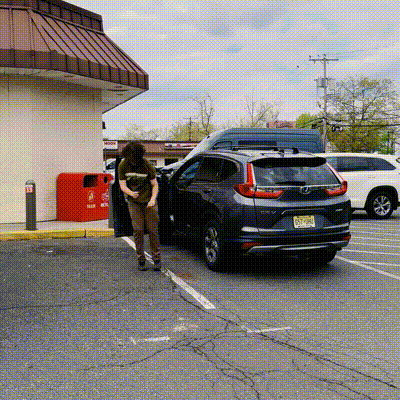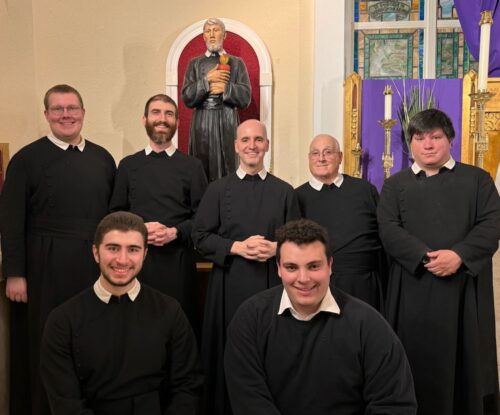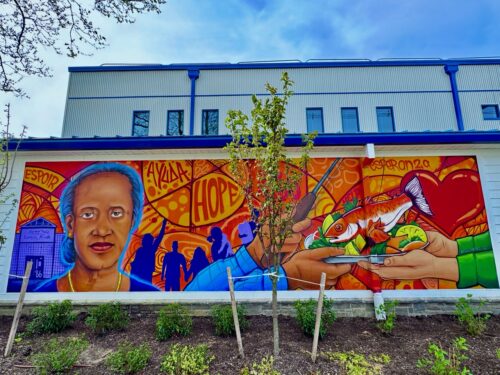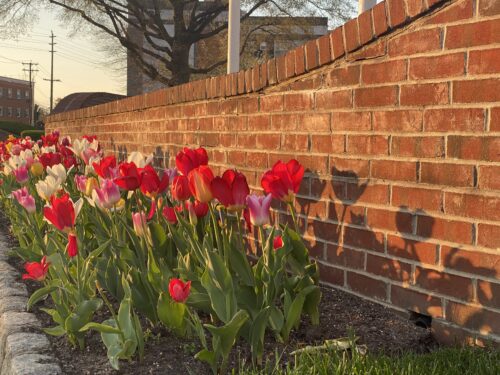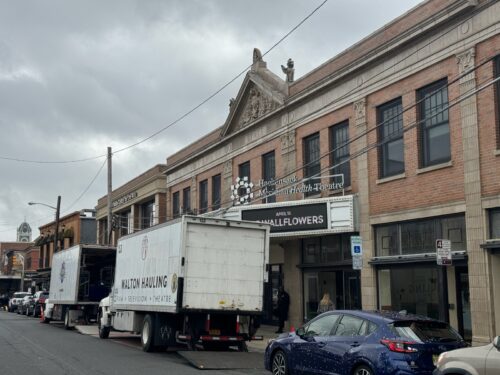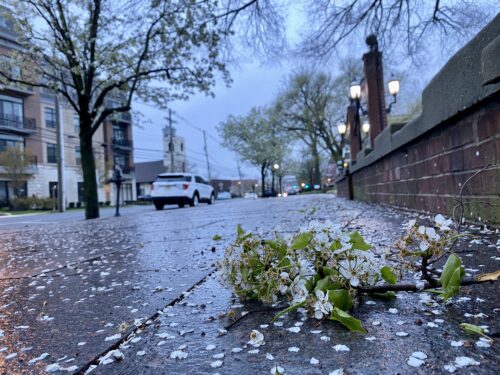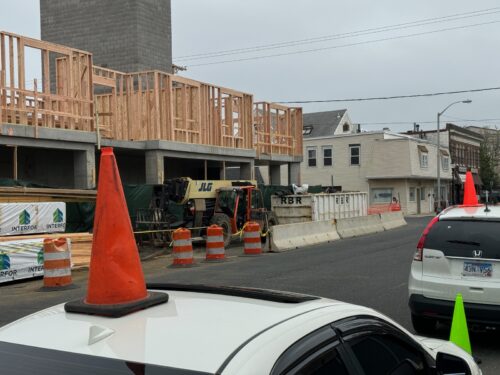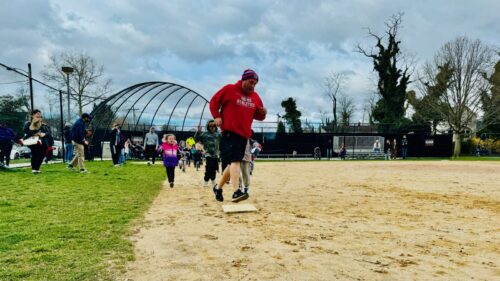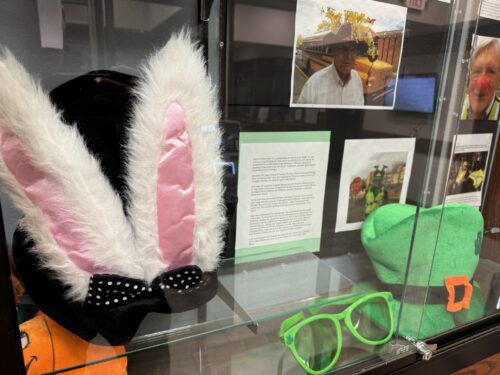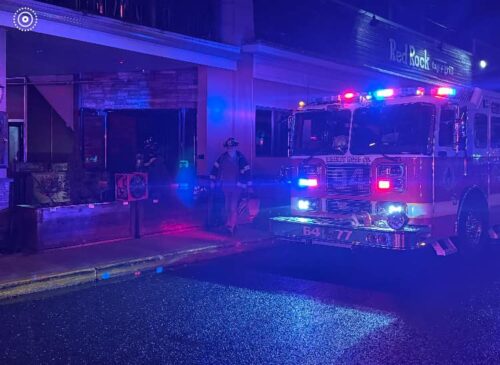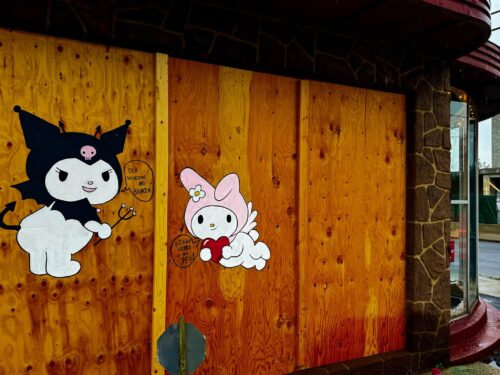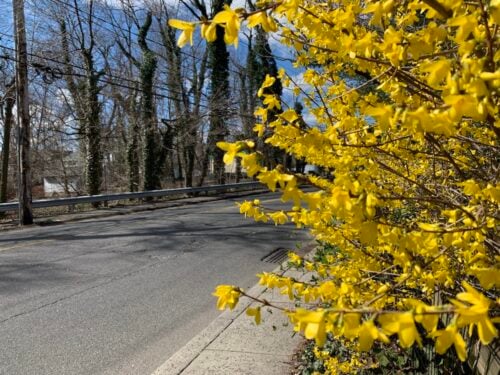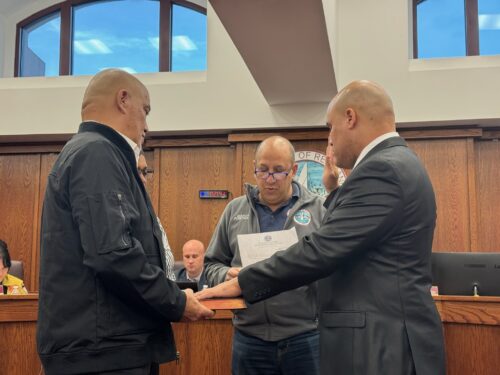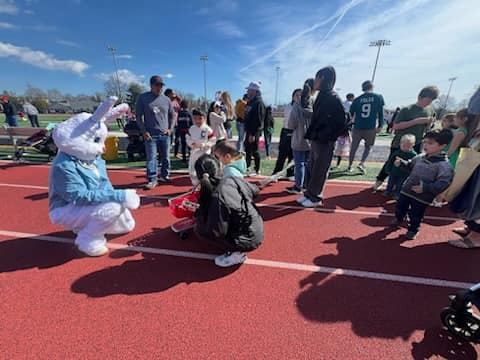Ralph Gatta, aka “Johnny Jazz,” did not set out to become an institution. It was never his intent to transform what had been a simple family-owned butcher shop into a working monument to what he considers America’s greatest art form.
All he wanted, really, was to be able to continue experiencing the wonders of jazz after life threw him a curveball back in 1963. With the death of his father, Johnny Gatta, Ralph’s freewheeling Saturday nights at Birdland and other clubs in New York and Newark came to a sudden halt, as he and his mother, Helen, put in 12, 13 hours a day keeping their Shrewsbury Avenue grocery going.
So onto the turntable in the back room went the LPs. And out of the speakers above the shelves of cereal and canned goods and sacks of rice came Bird, and Miles, and Coltrane. All day long. Sometimes at volumes that Helen thought unnecessarily high. But Gatta couldn’t help himself. This is a man who, at 69 years old, still becomes visibly pumped when he hears a great horn riff and sprinkles his speech with references to “top-shelf cats.”
“The bottom line is, without my mother and the musicthe music I couldn’t have done it,” says Gatta. “I just did it for myself, to tell the truth. Because if you’re going to put music in a store, it wouldn’t be real jazz.”
On Sunday, Feb. 18, Gatta will be honored by The Source, an outreach program for students at Red Bank Regional High School.
Why Johnny Jazz? Not because he’s got anything to do with The Source, exactly. But simply for doing what he’s done, which has been to help preserve an art form by infecting his customers, including generations of kids, with his sense of devotion.
Gilda Rogers, program director at The Source, calls Gatta’s store, Johnny’s Jazz Market, “an informal memorial” to dozens of jazz greats, many of whom Gatta befriended.
But the honor is as much for who he is as for what he’s achieved, says Rogers.
Gatta “is one of those obscure guys who gets up 365 days a year to be of service to others,” she says. “He’s even open on Christmas, because, as he puts it ‘I have to be here for the people. They might need something to complete their dinner.’ That’s community.”
She notes also that Gatta is a white man who “could have closed up shop and gone on his merry way a long time ago” but continued to sell “hog mogs, pig tails and collard greens” to an ever-changing West Side population while immersing himself in music with deep roots in African-American tradition.
For his part, Gatta says he was “shocked” when Rogers told him that The Source wanted to call him out with a live jazz show at the Two River Theater, a gleaming new venue he’s yet to see the inside of.
“Whatever I’ve done here, I’ve just done it by living my everyday life,” he says.
The event is billed as “America’s Original Sound: Jazz.” Scheduled to perform are keyboardist Bob Baldwin (who created the jingle for radio station CD 101.9); RBR alum Chelsea Palermo, a vocalist who’ll sing a tribute to Ella Fitzgerald; and song stylist Debra Willis.
Rogers will show a portion of a video documentary on Gatta that she’s been working on.
Among local dignitaries who’ve committed to appear, says Rogers, are State Sen. Ellen Karcher, Assemblywoman Jennifer Beck and Assemblyman Michael Panter.
The Source is a non-profit organization that offers counseling and mentoring services to students, as well as preventive health care, substance abuse prevention, learning support, career guidance and summer programs.
The 7p event will be preceded by a cocktail reception at 5:30. Tickets are $100 for the evening or $50 for the cocktail party only. For more information, call 732.842.8000, ext. 236.



